How can SLPs and other practitioners provide the best supports for adults with aphasia—and help them make a successful return to daily life? Clear answers are in this comprehensive text, the definitive guide to research-based strategies, supports, and technologies that improve outcomes for adults with chronic or acute aphasia.
Introducing a unique approach to aphasia treatment, this book goes far beyond coverage of AAC devices, revealing innovative ways to educate families and communities about the needs of people with aphasia and encourage ongoing participation in everyday life. SLPs, OTs, PTs, and other service providers will get the foundational knowledge they need to
- leverage today’s technology—both electronic and non-electronic options—to support communication
- ensure effective communication support across all healthcare settings and stages of recovery
- implement therapeutic assessments that involve patients as proactive partners in their rehabilitation
- weave communication supports into inpatient and outpatient therapy
- conduct aphasia treatment in small groups to enhance communication and reduce social isolation
- support participation in everyday situations, including self-care, leisure activities, and interpersonal interactions
- strengthen social relationships by training the communication partners of people with aphasia
- maintain ongoing, long-term communication support that adapts to changing needs
An ideal textbook for graduate courses on aphasia—and an indispensable resource for practicing SLPs and other service providers—this book will help professionals strengthen the communication skills, social competence, and life satisfaction of people with aphasia.
Includes brief, instructive case studies and quick-reference lists of communication strategies and supports.
Series Preface
Series Editors and Editorial Advisory Board
About the Editors
About the Contributors
Foreword by Audrey L. Holland
Acknowledgments
- Supporting Communication: Improving the Experience of Living with Aphasia
Julia M. King, Nina Simmons-Mackie, and David R. Beukelman
- Frameworks for Managing Communication Support for People with Aphasia
Nina Simmons-Mackie
- Communication Supports
Julia M. King
- Supporting Communication with Technology
Julia M. King
- Staging Communication Supports Across the Health Care Continuum
Nina Simmons-Mackie
- Assess for Success: Evidence for Therapeutic Assessment
Deborah Hersh, Linda Worrall, Robyn O’Halloran, Kyla Brown, Brooke Grohn, and Amy D. Rodriguez
- Integrating Communication Supports for Aphasia Intervention in Inpatient and Outpatient Rehabilitation
Kristy S.E. Weissling and Judy Harvey
- Integrating Communication Support into Aphasia Group Treatment
Roberta J. Elman and Elizabeth Hoover
- Communication Support for Everyday Life Situations
Nina Simmons-Mackie and Julia M. King
- Supporting Communication with Partner Training
Jacqueline J. Hinckley, Natalie M. Douglas, Rachel A. Goff, and Erline V. Nakano
- Ongoing Management and Maintaining Communication Support
Nancy B. Alaracon
- Communication Access, Rights, and Policies
Jennifer Horner
Appendix: Image Capture and Management
David R. Beukelman, Sarah Taylor, and Cara Ullman
Index
About the Editors
Nina Simmons-Mackie, Ph.D., BC-ANCDS, is a professor and scholar in residence in the Department of Communication Sciences and Disorders at Southeastern Louisiana University; associate investigator at the Centre for Clinical Research Excellence in Aphasia Rehabilitation, and honorary professor at The University of Queensland in Brisbane, Australia; and research consultant at the Aphasia Institute in Toronto. She is a fellow of the American Speech-Language-Hearing Association and has received honors from the Louisiana Speech-Language-Hearing Association, induction into the Veterans Administration Speech-Language Pathology Hall of Fame; and the Outstanding Clinical Achievement Award from the American Speech-Language-Hearing Foundation.
Dr. Simmons-Mackie is one of the founding members of Academy of Neurologic Communication Disorders and Sciences (ANCDS); she is board certified by ANCDS; and has served as Secretary and President-Elect. She worked as a clinician, program manager, and department head in healthcare settings associated with adult rehabilitation and has many years of clinical, academic, and research experience in adult aphasia. She also has published numerous articles and chapters in the area of adult aphasia. Her interests include aphasia, qualitative research, and social model philosophies.
Julia M. King, Ph.D., is a professor in the School of Communicative Disorders at the University of Wisconsin-Stevens Point. She has published articles and chapters on supporting communication and augmentative and alternative communication (AAC) intervention for adults with chronic aphasia and adults with primary progressive aphasia. Her research, clinical, and teaching interests are related to neurogenic communication impairments and AAC intervention.
David R. Beukelman, Ph.D., is a professor in the Department of Special Education and Communication Disorders at the University of Nebraska–Lincoln. He is a speech-language pathologist who specializes in augmentative and alternative communication and communication disorders associated with physical and neurological conditions.
Dr. Beukelman is the Barkley Professor of Communication Disorders at the University of Nebraska– Lincoln. He is a senior researcher in The Institute for Rehabilitation Science and Engineering at Madonna Rehabilitation Hospital in Lincoln, Nebraska, and is a partner in the Rehabilitation Engineering and Research Center for Communication Enhancement that is funded by the National Institute on Disability and Rehabilitation Research.
Dr. Beukelman is coauthor of Augmentative and Alternative Communication: Supporting Children and Adults with Complex Communication Needs, Fourth Edition (with P. Mirenda; Paul H. Brookes Publishing Co., 2013); co-editor of Management of Motor Speech Disorders in Children and Adults, Third Edition (with K.M. Yorkston, E.A. Strand, & M. Hakel; PRO-ED, 2010); and co-editor of Augmentative Communication Strategies for Adults with Acute and Chronic Medical Conditions (with K.L. Garrett & K.M. Yorkston; Paul H. Brookes Publishing Co., 2007).
David is the coauthor of Supporting Communication for Adults with Acute and Chronic Aphasia.
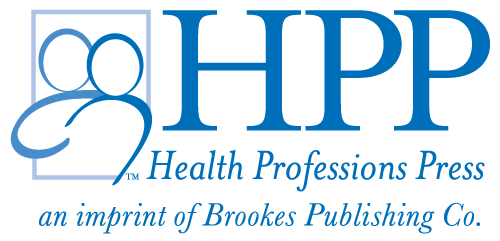
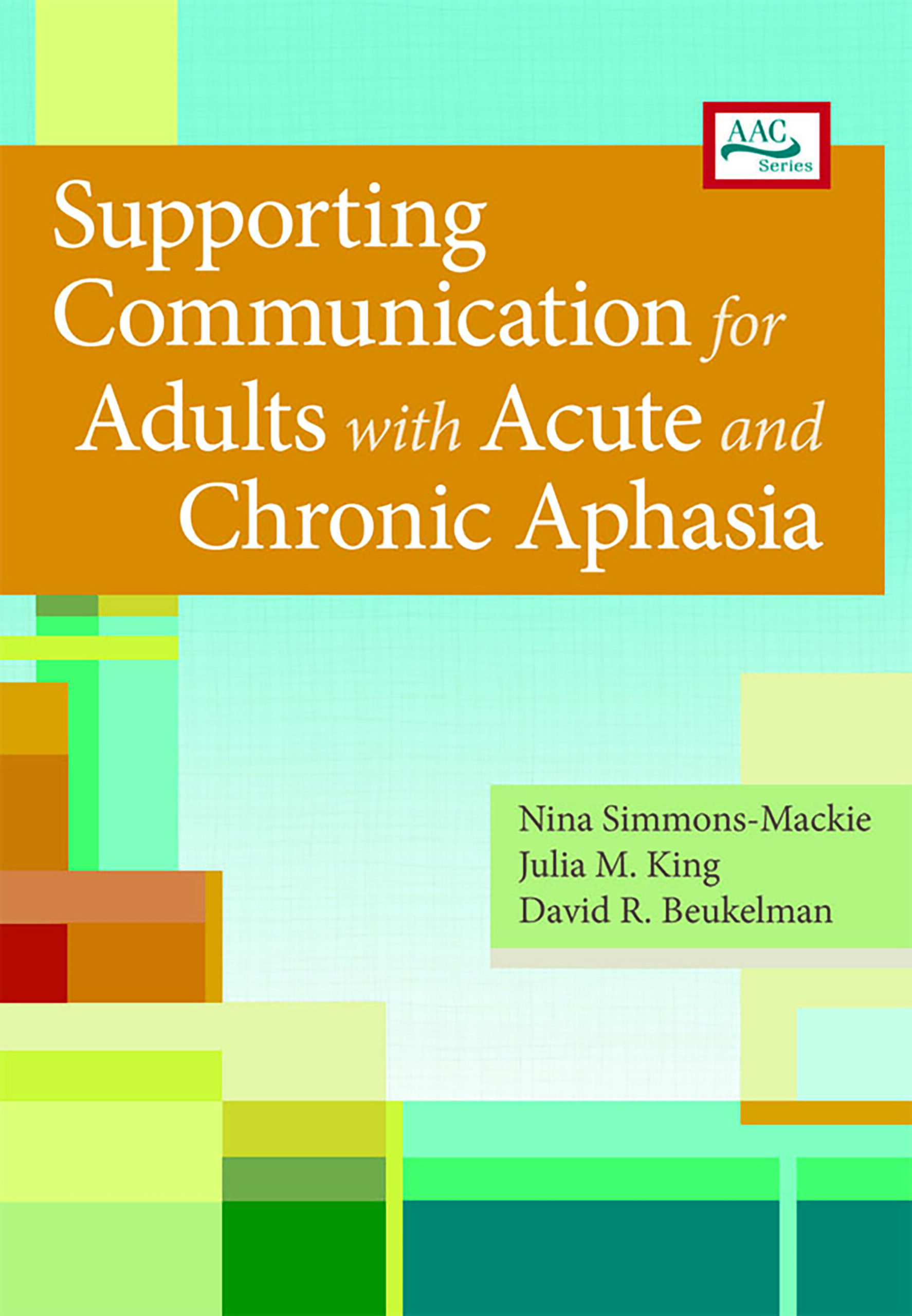
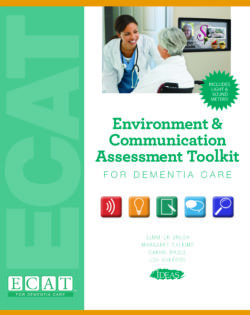
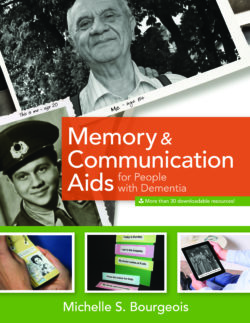
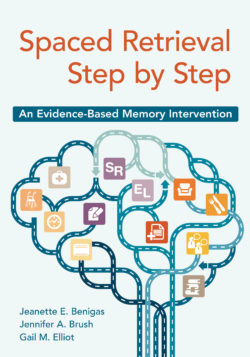
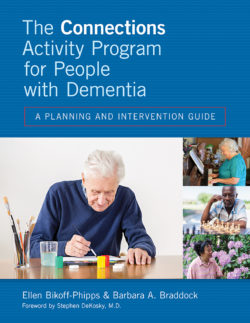
admin –
“A speech-language pathologist and aphasiologist can no longer say, ‘I don’t do AAC.’ The authors redefine aphasia management and show us that communication supports can be applied in every area, from assessment and treatment to policy and advocacy for all. A must-read.”
—Melanie Fried-Oken, Professor, Oregon Health & Science University
admin –
“A wealth of practical and relevant information on intervention with the ultimate goal of living successfully with aphasia. [This book] should be used by anyone interested in addressing the needs of people with aphasia and their families.”
—Ellayne Ganzfried, ASHA Fellow, Executive Director, National Aphasia Association
admin –
“A welcome and long overdue addition to the aphasia literature . . . Practice based on the principles contained in this book can change the face of aphasia treatment!”
—Aura Kagan, Executive Director, Education and Applied Research, Aphasia Institute, Toronto, Canada
admin –
“Presents a broadened view of aphasia . . . rich with personal stories, examples of strategies, and resources that will be appreciated by both students and practitioners.”
—Jane Wegner, Clinical Professor and Clinic Director, Schiefelbusch Speech-Language-Hearing Clinic, University of Kansas
admin –
“This book takes AAC in aphasia into a new stratosphere … A must-read for any aphasia therapist who hopes to improve the lives of their patients.”
—Linda Worrall, Director, NHMRC CCRE in Aphasia Rehabilitation, The University of Queensland, Australia
admin –
“A unique resource written by authorities in the field … essential reading for any clinician, lecturer and student who is determined to support a successful life for people with aphasia and their loved ones.”
—Emma Power, MSPAA, Lecturer, Neurogenic Communication Disorders, Faculty of Health Sciences, University of Sydney
admin –
“This book will become required reading, to accompany an adult language disorders text, in my aphasia course.”
—Kristine Lundgren, Associate Professor and Department Chair, Department of Communication Sciences and Disorders, School of Health and Human Sciences, University of North Carolina at Greensboro